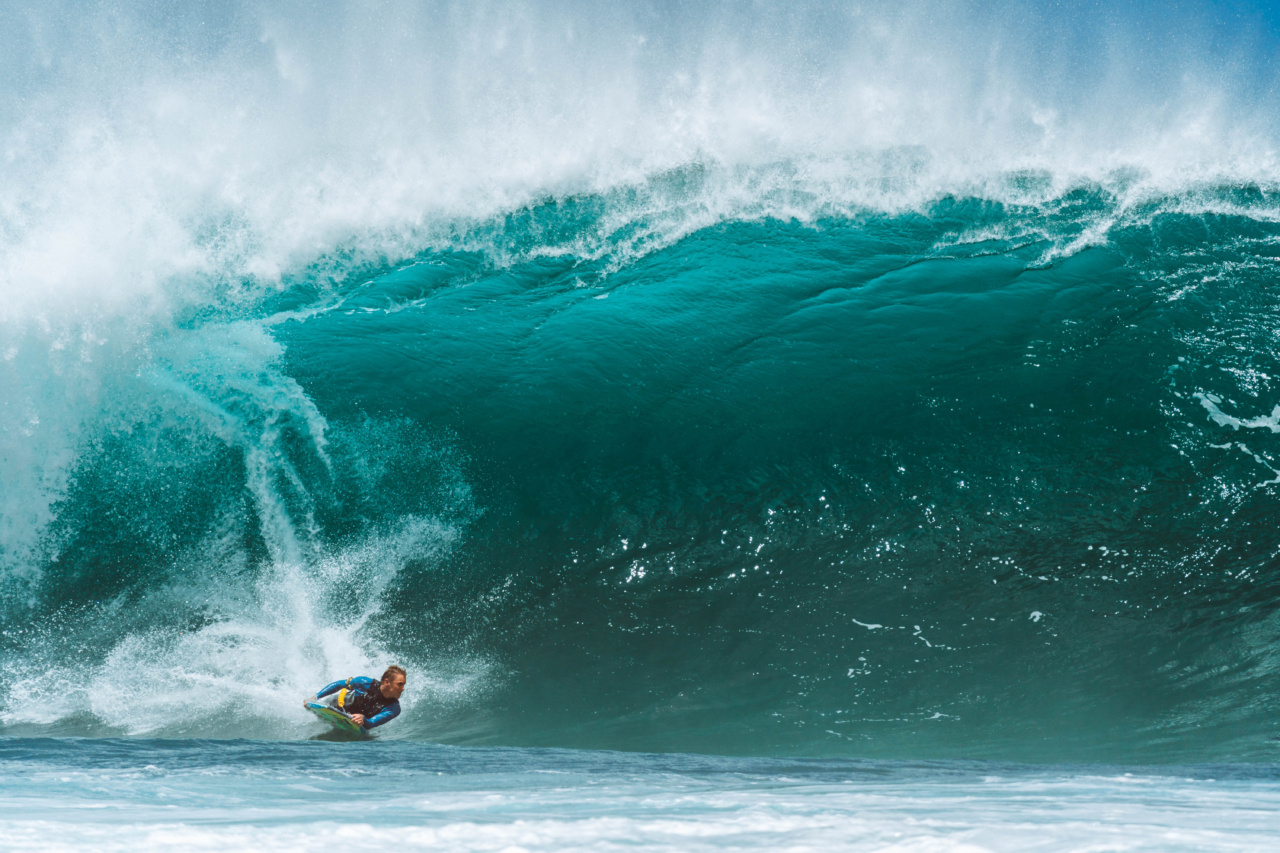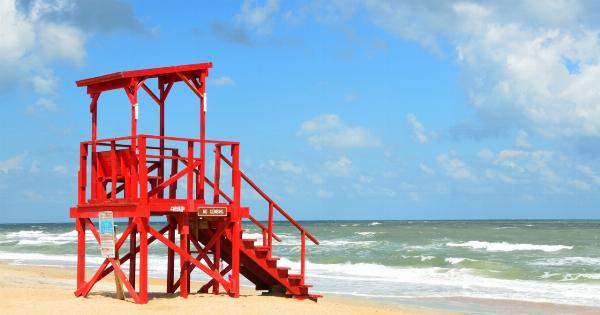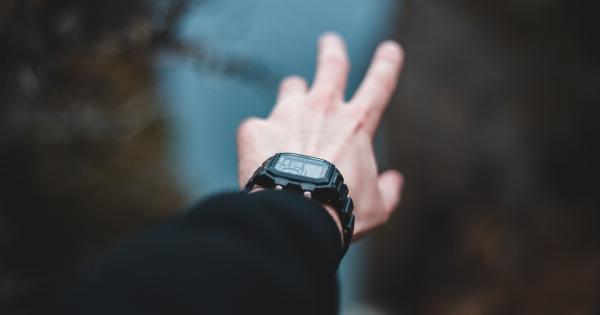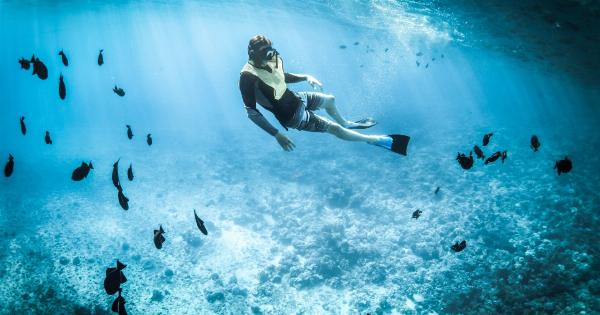Water is fundamental for life, and we all need it to survive. It plays a crucial role in our daily activities, from staying hydrated to aiding in bodily functions and maintaining overall health.
However, there are certain situations where water can pose risks to our well-being. In this article, we will explore five times when you should stay away from water to ensure your safety.
1. During Severe Weather Conditions
Severe weather conditions such as thunderstorms, hurricanes, or heavy rainfall can bring about extensive flooding.
While it is important to stay hydrated during these times, it is equally vital to avoid any contact with floodwater, especially if it is contaminated. Floodwater can contain various harmful substances, such as chemicals, sewage, debris, and even disease-causing pathogens. Ingesting or coming into contact with this contaminated water can lead to severe health complications.
2. When Water Sources Are Contaminated
Water contamination can occur due to various reasons, such as pollution, industrial waste, or natural disasters. If there are reports of water contamination in your area, it is crucial to steer clear of any water sources that may be affected.
Consuming or using contaminated water can lead to illnesses such as gastrointestinal infections, skin rashes, respiratory issues, and even long-term health problems. It is recommended to rely on bottled water or treated water from reliable sources until the water contamination issue is resolved.
3. During Boil Water Advisories
Boil water advisories are typically issued when there is a possibility of bacterial contamination in the water supply. If you receive a boil water advisory, it is important to avoid consuming tap water without boiling it first.
Bacterial contamination can occur due to pipe breaks, infrastructure issues, or other incidents that compromise the water supply. By following boil water advisories, you can kill any potentially harmful bacteria and prevent waterborne diseases.
4. When Engaging in Water Activities in Unsafe Areas
While swimming, diving, or participating in other water activities can be enjoyable and beneficial for your health, it is crucial to consider the safety of the area before jumping in.
Avoid swimming in unfamiliar bodies of water, especially if they are not designated swimming areas. Natural bodies of water such as rivers, lakes, and ponds can pose risks such as strong currents, hidden rocks or debris, contaminated water quality, or the presence of harmful marine life.
Ensure you choose safe and well-maintained areas for water activities and always follow any advisory signs or guidelines.
5. When Water Temperatures Are Extreme
Extreme water temperatures, either hot or cold, can have adverse effects on the body. Excessive exposure to hot water, such as in hot tubs or excessively hot showers, can lead to dehydration, overheating, and dizziness.
On the other hand, exposure to extremely cold water, like in cold winter rivers or icy lakes, can cause hypothermia, constricted blood vessels, or muscle cramps. It is important to be aware of the water temperatures and avoid prolonged exposure to extreme temperatures to prevent any potential harm.
Conclusion
While water is essential for our well-being, there are certain circumstances where caution is necessary.
During severe weather conditions, water contamination, boil water advisories, engaging in water activities in unsafe areas, and exposure to extreme water temperatures, it is important to prioritize your safety by staying away from water. By being aware of these risks and taking necessary precautions, you can ensure your well-being and enjoy the many benefits that water offers without putting yourself in harm’s way.































